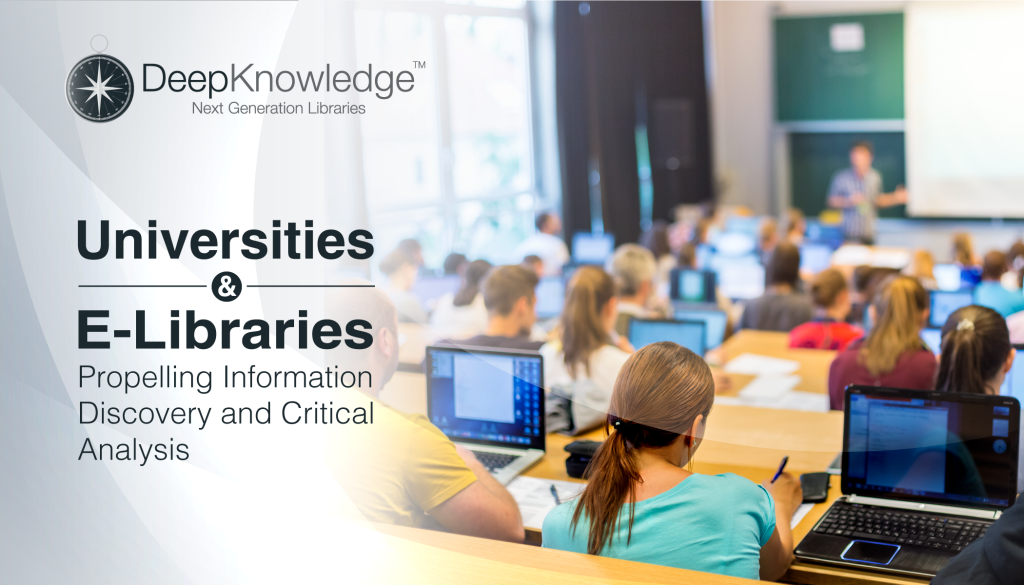The Arab World is well known globally for deeply valuing human interactions and relationships. No surprise that the region has always considered face-to-face interactions important, and as a logical extension – the conduct of learning at all levels in traditional classroom setups.
With global technical advancement and its penetration in all aspects of life including education, the concept of digital learning has been drawing its share of attention.
Many conferences in the region over the last two decades have spoken about the growing importance of digital learning, and the role it can play in combating educational inequality and serving as a force that promotes steady economic development.
The last few years have also witnessed the setup of universities specifically for providing degrees through online education. For instance, the Hamdan Bin Mohammed e-University (HBMeU), U21Global and Syrian Virtual University, the Universal of Liverpool/Laureate to promote the spread of virtual learning.
However, the growth of e-learning and its convergence to mainstream learning had always primarily remained in the agenda as something planned out for ‘tentative’ adoption.
A Recent Uptick in Digital Learning
The unforeseen CoViD-19 pandemic however changed the status quo remarkably and at lightning speed. It made its ripples felt in the conduct of learning too. The tentative execution plans for digital learning switched to accelerated mainstream adoption. Today, it is safe to say that digital learning is paving the way forward for the future of learning.
Now, both the government and the people of the Middle East realize that one cannot afford to neglect open and distance learning formats to stay up to date in the current world. It’s bundled with way too many upsides to ignore.
Relevance of Digital Learning in the Present-Day World
Talking about relevance, the merits of digital learning in the Arab world are quite similar to those in other parts of the globe.
It enables individuals to learn from a university-based in any part of the world and get access to quality high education that’s not limited by geographical boundaries. This is applicable for both higher education and advanced learning opportunities for career growth.
Digital learning also improves the quality of education at the primary levels for young learners by making learning interactive, fun, and sticky. It empowers teachers to actually accurately track the performance of every child in their class.
It also helps to combat educational inequality, by making the same quality of education available even in the remote and economically backward areas.
The best part is that despite of the lack of physical human touch involved, it has proven its ability to ensure that learning delivered by it is sticky and effective.
The Present Day Bottlenecks
Reaping the best outcome from e-learning necessitates an interplay of several factors.
This includes overcoming the digital divide for the masses and empowering them with basic infrastructure such as mobile and computer devices along with high-speed internet.
Moreover, what’s also imperative is the availability and access to proper online repositories that include quality academic content in Arabic. This is not just limited to online videos of classes, but also includes access to supportive resources such as e-libraries, e-books, learning platforms, additional online courses, and so on.
With the right infrastructure in place, its certain that digital learning has the potential transform and break barriers in traditional learning setups.
We at TechKnowledge are committed to making quality academic content in Arabic transcend geographical boundaries. Our suite of products and services span learning resources, e-library services, and digitization of content using the latest technologies. We offer full-text searchable databases of authoritative academic content in Arabic from the most reputed publishers worldwide.





You must be logged in to post a comment.